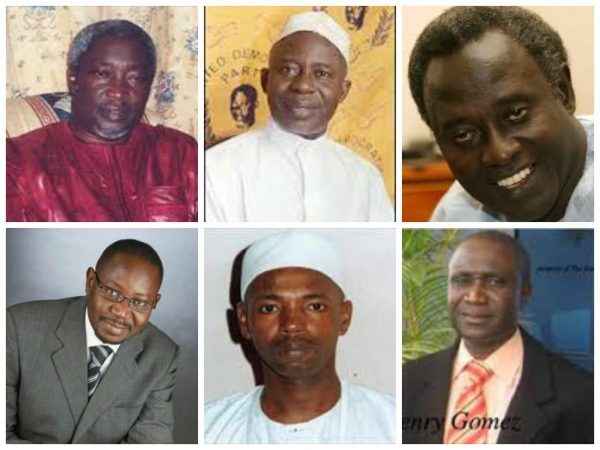 (JollofNews) – In a democracy, civil society groups have respect for the law, for the rights of individuals, and for the rights of other groups to express their interests and opinions.
(JollofNews) – In a democracy, civil society groups have respect for the law, for the rights of individuals, and for the rights of other groups to express their interests and opinions.
Therefore, civil society must never engage in any form of unlawful activities and must accommodate pluralism and diversity.
For civil society to strengthen and maintain democracy in the Gambia, civil society actors should watch how state officials use their powers. They should raise public concern about any abuse of power. They should lobby for access to information, including freedom of information laws.
Civil society should also seek to expose the corrupt conduct of public officials and lobby for good governance reforms. Even where anti-corruption laws and agencies exist in the Gambia, they cannot function effectively without the active support and participation of civil society.
Another role of civil society in the Gambia is to promote political participation.
This can only be successfully carried out if civil society groups educate the Gambian people about their rights and obligations as democratic citizens, and encourage them to listen to election campaigns and vote in elections.
Furthermore, civil society organisations in the Gambia can help to develop values of democratic life: tolerance, moderation, compromise, and respect for opposing points of view.
Without this deeper culture of accommodation, democracy cannot be stable in the Gambia. These values cannot simply be taught; they must also be experienced through practice.
In addition, for civil society to successfully strengthen democracy in the Gambia, they should provide new forms of interest and solidarity that cut across all forms of tribal, religious, and other identity ties. Democracy cannot be stable if people only choose to associate with others of the same tribe, religion or identity.
When people of different religions and ethnic identities in the Gambia come together on the basis of their common interests, civic life becomes richer and more tolerant.
In conclusion, it must be emphasised that civil society is not simply in a battle of supremacy with the state. The fact that civil society is independent of the state doesn’t mean that it must always criticise and oppose the state needlessly or without good grounds.
In fact, by making the state at all levels more accountable, responsive, inclusive, effective and hence more legitimate; a strong civil society in The Gambia will strengthen citizens’ respect for the state and promote their positive engagement with it.
On the part of the Gambian government and leaders, they must realise that; a democratic state cannot be successful unless it is effective and legitimate, with the respect and support of its citizens. Hence, civil society is not only an observer and a scrutinizer, but also a very important partner in the quest for a positive relationship between the democratic state and its citizens.
On this basis, the Gambian government should not see civil society as a threat but rather, partners and therefore, give them the platform without fear and intimidation to create a positive relationship between the state and ordinary Gambians.





